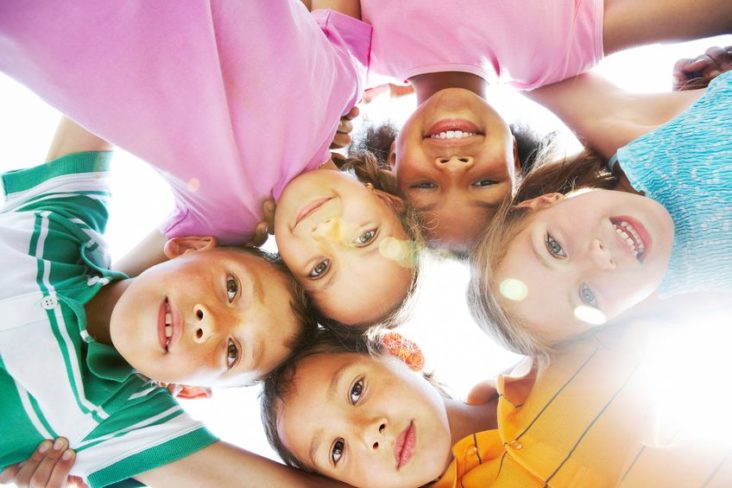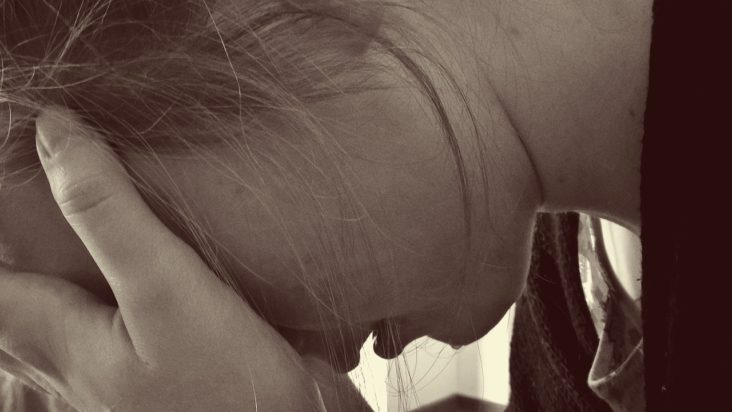The start of a new school year is just around the corner. While many children are happy about heading back to the classroom and seeing their friends again, for some kids, a new school year embodies fear and school anxiety. But, what if your child could go into their classroom in a non-threatening way, interact with a new teacher and classmates, and learn effective methods for coping with the anxiety-inducing situations they dread in school? With virtual reality therapy, they can do just that.
This innovative treatment is emerging as a high-tech solution that lets kids challenge their fears in a safe, realistic environment, but in a way that gives them control. VR therapy can be used across age groups and can be adjusted to the child’s developmental age as they mature.
Additionally, this therapy can be tailored to vary the complexity of school phobia scenarios. For example, one child might be apprehensive about taking exams, while another dreads interaction with their peers. Both can be helped with virtual reality therapy, which is a combination of cognitive behavioral therapy (CBT) and in-vivo exposure therapy, but with a state of the art twist.
For example, if your child has a high level of test anxiety, as studies indicate anywhere from 15% to 25% of students do, virtual reality therapy will allow them to mimic test taking in a non- or less stressful environment (just like in-vivo exposure does) in order to overcome their negative thought patterns (“I always fail tests.”) through cognitive behavioral therapy. In a test-taking scenario, the virtual reality simulated distractions and stresses of taking exams would be minimal to start with, and then slowly be increased as the child learns to process and adjust to them. At the end of the therapy, the child will be able to face an exam with reduced or minimal fear.
What Happens During Virtual Reality Therapy?
Because most kids relate so well to video games, virtual reality exposure therapy seamlessly integrates treatment with real-world interface. It helps children retrain their brain so they have a defense against problems like meeting a new peer or being bullied, which makes them feel more comfortable about situations at school. VR therapy has also been successful in teaching or improving social cognitive skills and emotion recognition in high-functioning autistic children.
When kids go through VR therapy, they first learn coping skills to help them stay calm under a stressful circumstance. Once they are comfortable with these strategies, they continue on to virtual reality therapy, where they view computer-generated environments and use an avatar to experience interactions with adults and other kids.
As you can see in this Today Show video, the teens have the freedom to pause or review and repeat their avatar’s interaction with others inside the setting until they feel confident about the situation. A therapist listens in on the virtual reality session and offers feedback and coaching to help the child navigate the difficulties that have created their school refusal.
Studies have shown that virtual reality therapy actually “rewires” the brain so that the areas relating to sociability and attention are heightened. This leads to increased awareness and understanding of social cues, enhanced perception of the give and take in conversations, and more control when faced with real-life school issues. In studies done after kids have gone through virtual reality exposure therapy, scans have shown that the regions in the brain associated with social skills and those sections that exchange information during social interactions are heightened.
This interactive and visually stimulating approach to treating school anxiety delivers a dynamic platform that can simulate an unlimited number of phobia situations. By targeting a child’s specific fears, it provides meaningful close-to-life scenarios with immediate feedback, which greatly enhances the child’s ability to cope under stress.
Did You Know?
Our Children’s Center focuses specifically on offering a variety of clinical, therapeutic, educational and supportive services to children ages two through twenty two in a warm and welcoming environment.
For more information about how our child psychologist team can use virtual reality therapy for your child’s school refusal, contact the Children’s Center for Psychiatry Psychology and Related Services in Delray Beach, Florida or call us today at (561) 223-6568.






